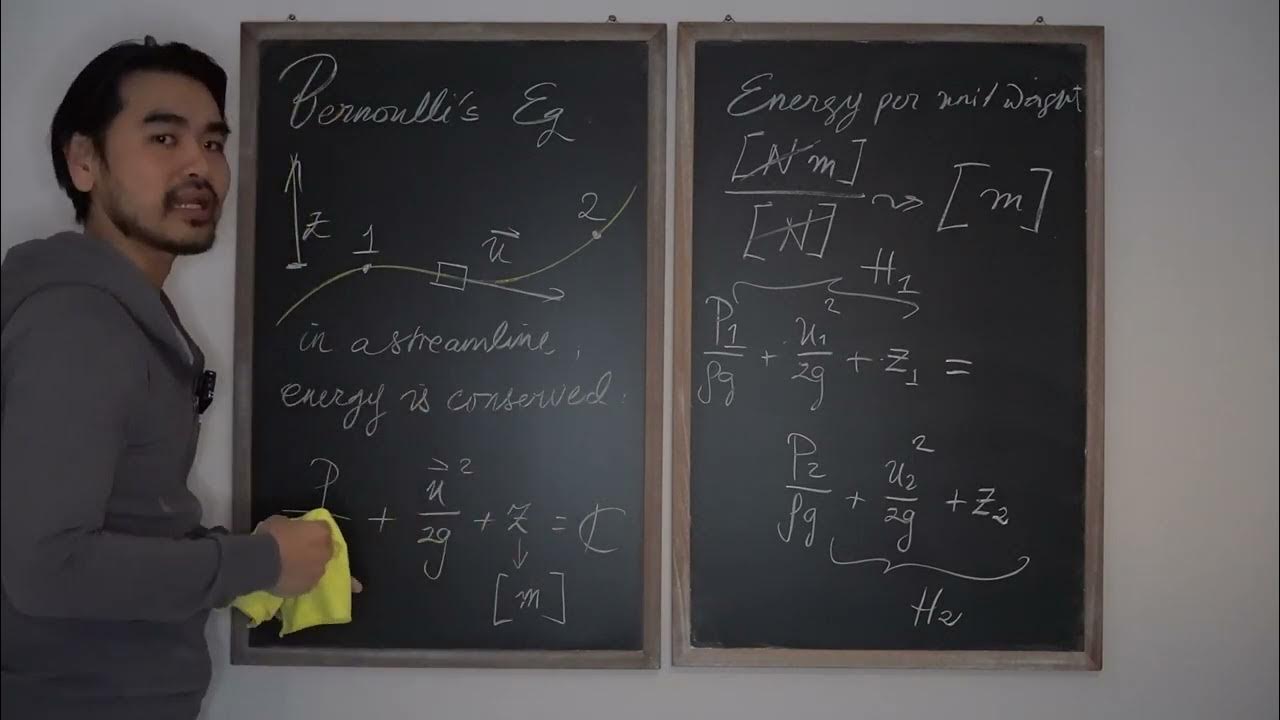Formula Divina para ATRAER la RIQUEZA
Summary
TLDRThis video script delves into the concept of wealth and how to attract it through the principle of justice. It discusses the struggles many face to make ends meet and the importance of understanding that wealth varies based on individual needs. The speaker emphasizes the difference between cheap, unhealthy options and more costly, healthier alternatives, suggesting that true wealth is about having what one needs for a healthy life. The core message is that true justice involves recognizing when one's wealth may be at the expense of another's poverty and taking action to balance this by helping those in need. This act of justice, or 'Tzedakah' in Hebrew, is not charity but a rightful act that can open doors to prosperity and blessings.
Takeaways
- 😀 The video discusses the concept of wealth and how to attract it through the principle of justice.
- 💼 It emphasizes that working long hours or multiple jobs doesn't always guarantee financial stability.
- 🌱 The video suggests that understanding the concept of justice is crucial for wealth to flow into one's life.
- 🍎 It highlights the difference between cheap, unhealthy food and organic, healthy food, and the impact of these choices on health.
- 🏡 The importance of living in healthy conditions is mentioned, including proper housing, ventilation, and natural light.
- 💰 The speaker introduces the idea that one's wealth may not be rightfully theirs and could belong to someone in need.
- 🤔 The video explains that true justice involves recognizing when one's wealth is due to another's poverty and compensating them accordingly.
- 📚 It references the 'shulchan aruch', a Jewish legal code, which outlines laws for giving to the needy and the benefits of such acts.
- 🔑 The video suggests that performing acts of justice, such as giving to the needy, can open doors to wealth and blessings.
- 🙏 It concludes by encouraging viewers to be observant of those around them who may be in need and to act justly by helping them.
Q & A
What is the main topic discussed in the video script?
-The main topic of the video is how to attract wealth and abundance through justice, specifically by understanding the spiritual and ethical principles behind wealth distribution.
What problem do many people face regarding finances, according to the speaker?
-Many people struggle to pay for their basic living expenses despite working long hours or multiple jobs, and they often cannot afford higher-quality food, clothing, or housing.
What does the speaker suggest as the 'infallible' way to attract wealth?
-The speaker suggests that the infallible way to attract wealth is by practicing justice, particularly through giving to those in need, which is seen as a divine principle.
How does the speaker differentiate between cheap and healthy food?
-The speaker notes that cheap food is often unhealthy, as it is produced with synthetic materials and practices that harm the environment and animals, whereas healthier, organic food costs more but is better for well-being.
What spiritual explanation does the speaker give for wealth and poverty?
-The speaker explains that wealth and poverty are part of a divine balance, where those with wealth have it because others are suffering in poverty, and the wealthy are responsible for compensating the poor as an act of justice.
Why is giving to the poor considered an act of justice and not charity?
-Giving to the poor is considered an act of justice because the speaker believes that wealth is distributed unequally as a test, and by giving to the poor, one is restoring balance rather than merely performing a charitable deed.
What example does the speaker give to explain how wealth might not truly belong to someone?
-The speaker gives the example of a person giving a small coin to a beggar, only to later discover that all their wealth was originally meant for that beggar, emphasizing the importance of recognizing that wealth might not truly belong to us.
What is the significance of the biblical references used by the speaker?
-The speaker uses biblical references, such as from Isaiah and Malachi, to emphasize that the act of giving and doing justice is not only morally right but is also spiritually sanctioned and rewarded by divine blessings.
How does the speaker describe the role of a judge in relation to justice?
-A judge, according to the speaker, applies the law impartially, using legal codes to ensure fairness. However, the speaker notes that there is also a higher form of justice beyond legal rulings, which involves balancing wealth and poverty.
What practical advice does the speaker give for those looking to attract wealth?
-The speaker advises giving a portion of one’s income, specifically a tithe (10%) or up to a fifth, to help those in need. This act is said to open the doors to wealth and blessings, as it aligns with divine justice.
Outlines

This section is available to paid users only. Please upgrade to access this part.
Upgrade NowMindmap

This section is available to paid users only. Please upgrade to access this part.
Upgrade NowKeywords

This section is available to paid users only. Please upgrade to access this part.
Upgrade NowHighlights

This section is available to paid users only. Please upgrade to access this part.
Upgrade NowTranscripts

This section is available to paid users only. Please upgrade to access this part.
Upgrade NowBrowse More Related Video

Players कैसे Girls/Women's के साथ खेलते हैं | Womanizer Exposed | Sex Hunters | Dr Psychology

Kris Bolanos ETHICS MAY 8 2023 part 2, Intro to Virtue Ethics Conducted in Tag-Lish

Mekanika Fluida FM01 (Lecture3: 1/8). Persamaan Bernoulli (Pengenalan)

EKONOMI ISLAM, ZAKAT, WAKAF, DAN PAJAK Oleh Ulul Huda, S.Pd.I., M.Si.

This MANIFESTATION Technique Makes Any POOR Person RICH in 6 months

The Scientist Who Solved The Law of Vibration: "DESIRES ARE FREQUENCIES"
5.0 / 5 (0 votes)